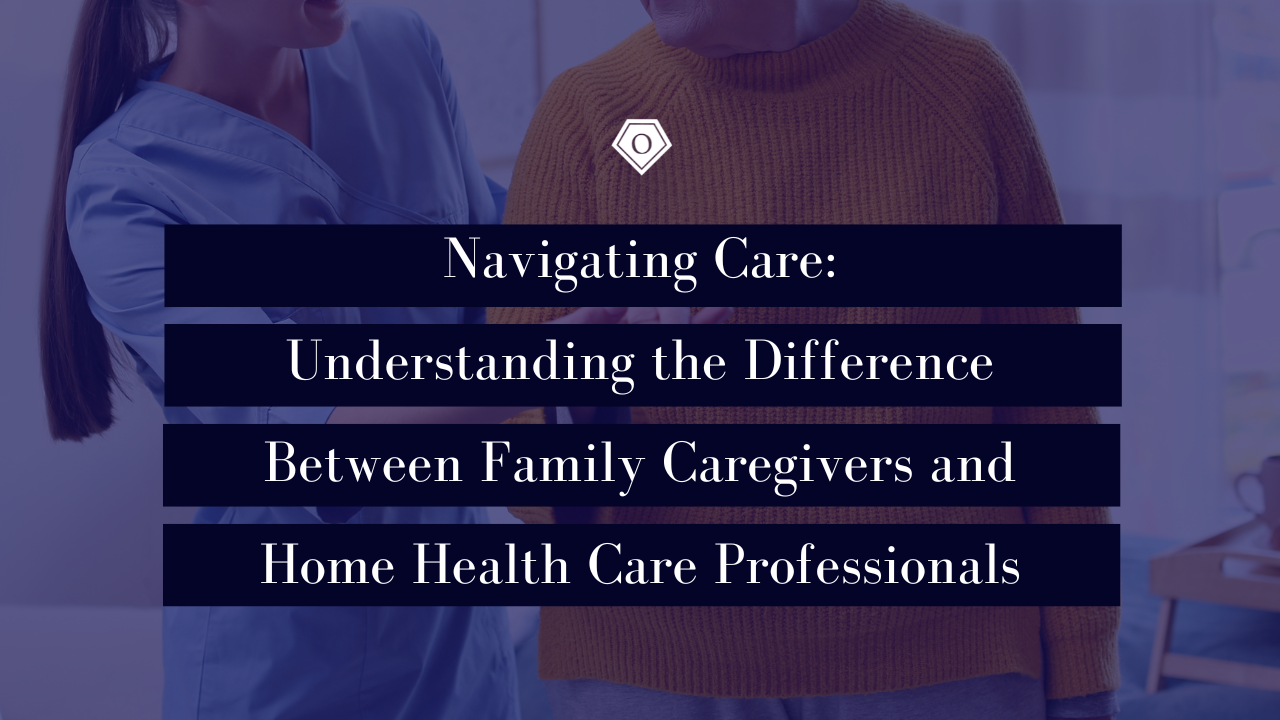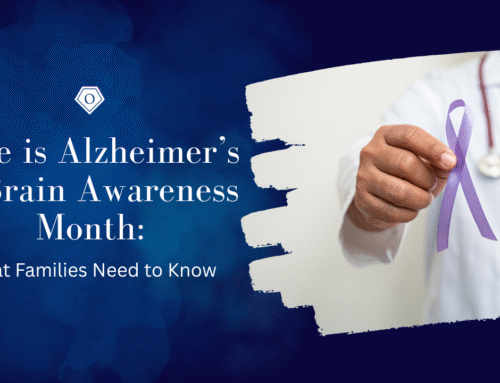In healthcare, particularly in assisting individuals in need, two essential pillars are family caregivers and home healthcare professionals. While both play critical roles in ensuring the well-being of loved ones, there are distinct differences between the two. Understanding these disparities can help families make informed decisions about the type of care best suited to their needs. In this post, we’ll delve into the unique characteristics of family caregivers and home health care professionals, shedding light on their respective roles, responsibilities, and contributions.
Family Caregivers: A Labor of Love
Family caregivers are often unsung heroes who selflessly dedicate themselves to caring for their loved ones in times of need. They are typically family members or close friends who assume caregiving responsibilities out of love, duty, or necessity. The role of a family caregiver can encompass a wide range of tasks, including:
Personal Care:
Assisting with activities of daily living such as bathing, dressing, grooming, and toileting.
Medication Management:
Administering medications, organizing pill schedules, and monitoring side effects – while it’s still manageable.
Emotional Support:
Providing companionship, empathy, and reassurance to the care recipient, offering a vital source of emotional connection.
Household Tasks:
Performing household chores, meal preparation, and running errands to ensure the comfort and well-being of the care recipient.
Advocacy:
Serving as an advocate for the care recipient, communicating with healthcare providers, coordinating appointments, and navigating the healthcare system.
Family caregivers often undergo significant emotional, physical, and financial strain as they balance caregiving responsibilities with other aspects of their lives, such as work, family, and personal obligations. Despite the challenges, the bond between a family caregiver and their loved one is unparalleled, rooted in love, trust, and unwavering dedication.
Home Health Care Professionals: Expertise and Specialized Care
In contrast to family caregivers, home health care professionals are trained professionals who provide specialized care and assistance to individuals in their own homes. These professionals bring a wealth of knowledge, skills, and experience to their roles, offering a wide range of services tailored to each client’s unique needs. The responsibilities of home health care professionals may include:
Skilled Nursing Care:
Performing medical tasks such as wound care, medication management, injections, and monitoring vital signs under the supervision of a registered nurse or physician.
Therapy Services:
Providing physical therapy, occupational therapy, or speech therapy to help clients regain independence, mobility, and communication skills.
Personal Care Assistance:
Assisting with activities of daily living, mobility assistance, and personal hygiene tasks.
Disease Management:
Supporting clients with chronic conditions such as diabetes, heart disease, or dementia, implementing care plans to manage symptoms and improve quality of life.
Companionship and Social Engagement:
Offering emotional support, companionship, and social interaction to combat loneliness and isolation.
Home healthcare professionals collaborate with clients, their families, and other healthcare providers to develop comprehensive care plans tailored to individual needs and preferences. Their expertise, professionalism, and compassionate approach are instrumental in promoting optimal health outcomes and enhancing their clients’ overall quality of life.
While both family caregivers and home health care professionals share the common goal of providing care and support to individuals in need, their roles and responsibilities differ significantly. Family caregivers offer unconditional love, companionship, and personal sacrifice, while home health care professionals bring expertise, specialized skills, and professional care. By understanding the distinctions between these two types of caregivers, families can make informed decisions about the care that best meets their loved one’s needs, ensuring they receive the highest quality of care and support possible.
Alzheimer’s & Dementia Home Care
Onyx Home Care’s neurological disorder care is built around a system of support. This service includes skilled home care as well as a unique program that centers on the patient’s interests and stage of illness. Our goal is to see happy family members, patients, and caregivers. Often times, caregivers feel remote. Our team includes each person in the home care process to provide inclusive care that helps the patient thrive.






